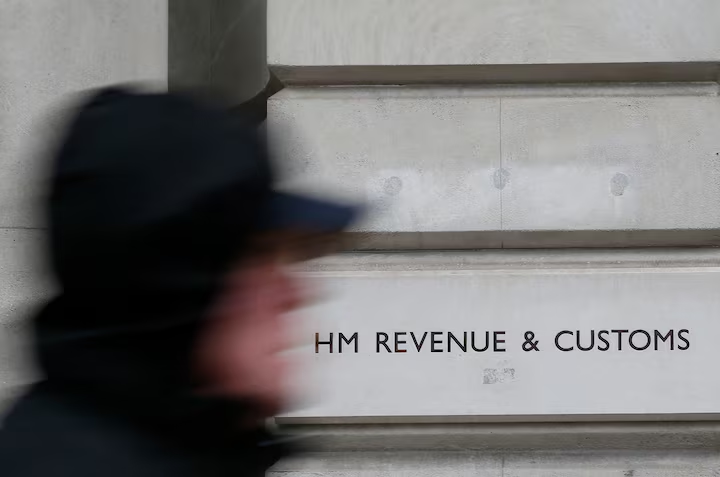Britain’s tax authority has outlined a new incentive program that would pay whistleblowers a share of the money recovered from major tax evasion schemes. The move marks a significant shift in the UK’s enforcement strategy and brings the country closer to the U.S. model, where informants can earn large payouts for exposing wrongdoing.
HMRC said the measure aims to strengthen efforts to close the country’s stubborn tax gap. The UK lost an estimated £46.8 billion in unpaid tax last year, according to official figures, and lawmakers believe the true scale of evasion may be far higher. Under the new system, eligible informants could receive as much as 30% of the tax collected when a tip leads to a successful recovery.
A major shift in Britain’s fight against tax evasion
The scheme targets large-scale tax offences often linked to multinational corporations, high-net-worth individuals, and offshore structures. HMRC made clear, however, that people directly involved in the schemes — including participating taxpayers — will not qualify for rewards. Anonymous tipsters acting on behalf of others are also excluded.
The announcement came as Finance Minister Rachel Reeves presented her second annual budget. She highlighted the need for stronger enforcement measures while unveiling new revenue-raising steps intended to help cut the deficit. Reeves said the updated whistleblower programme fits into a broader campaign to reduce losses from fraud and evasion.
In the United States, whistleblower programs run by agencies such as the IRS and SEC have distributed billions of dollars to informants. Britain has traditionally paid far smaller sums. Even the Serious Fraud Office has pushed for a more robust reward structure, arguing that whistleblowers often face severe personal and professional risks when reporting misconduct.
HMRC said the new policy will apply when a tip leads to at least £1.5 million in recovered tax. Informants may receive between 15% and 30% of that amount, although the agency stressed that payments will remain discretionary rather than guaranteed.
Legal experts welcomed the idea but urged caution. Judith Seddon, a partner at Ashurst, said the government must build clear procedures to prevent disputes that could undermine cases. Nick Barnard of Corker Binning warned that the system will attract reports of varied reliability and will require substantial resources to sort credible allegations from malicious or unfounded claims.
Despite these concerns, the reform signals a more aggressive approach from HMRC at a time when public pressure to crack down on evasion remains high. The government hopes the new incentives will encourage insiders to come forward with information that would otherwise remain hidden.


